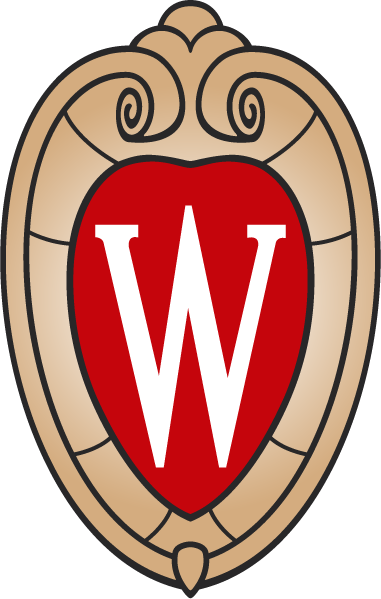
Course Overview
Heat transfer is a critical factor in engine performance, reliability, and longevity. This course explores how energy flows in and out of the combustion chamber, the impact on engine components, and how to manage thermal loads through cooling systems and design strategies. With a blend of real-world experience and technical depth, learners will gain practical knowledge of thermal modeling, coolant behavior, and temperature control techniques essential for modern engine development.
Learning Outcomes
- Identify key engine systems affected by heat transfer and understand their interdependencies.
- Apply thermodynamic models and thermal mapping techniques to analyze and optimize engine performance.
- Evaluate cooling circuit design, coolant properties, and temperature control strategies for effective thermal management.
Who Should Attend?
- Mechanical and thermal engineers involved in engine design, testing, or performance optimization.
- Engineering students and ICE enthusiasts seeking a deeper understanding of thermal dynamics in engines.
- Technical managers and decision-makers responsible for engine lifecycle and system integration.
Course Outline
Module 1 – Tracking the Energy
Module 2 – In-Cylinder Processes and Correlations
Module 3 – Practical approaches to heat transfer
Module 4 – Coolants and Cooling Circuits
Module 5 – Temperature Contro Requirements
Module 6 – Cooling Jacket Development
Module 7 – Thermal Mapping I
Module 8 – Thermal Mapping II
Instructor
Kevin Hoag
Mr. Hoag has over 45 years of experience in diesel and gasoline engine development, in both industrial and academic environments, and is a Fellow of the Society of Automotive Engineers. He holds the position of Institute Engineer, the highest technical level position at SwRI. He is a past chair of SwRI’s Advisory Committee for Research (ACR). Experience is wide ranging and includes both diesel and spark-ignition combustion, engine performance development and emission control, engine layout and balance, casting, forging and materials, structural fatigue analysis, air handling, cooling, and lubrication systems. Experience also includes significant customer interaction, engine application and service, and engineering education.
Mr. Hoag’s primary expertise is in engine thermodynamics, heat transfer and fluid mechanics. He also has significant experience in engine temperature control, engine lubrication and wear. Work experience includes two years in automotive heat exchanger development (Modine Mfg.), 16 years in diesel engine development (Cummins, Inc.), and 14 years in engineering education and engine research (University of Wisconsin), prior to joining SwRI in 2013. Through 2023 he held an appointment at the University of Wisconsin, teaching one graduate engineering course by distance each semester. He was awarded Emeritus status at the conclusion of the Fall 2023 term.
Specific highlights of his technical contributions include development of explicit formulation for Second Law analysis of IC engines; Creation and management of the Heat & Fluids group at Cummins, Inc.; Founding director and lead developer of the Master of Engineering in Engine Systems (MEES) program at the University of Wisconsin.
PATENTS & PUBLICATIONS: Seven patents, two textbooks (Vehicular Engine Design, Springer-Verlag, 2015, and Skill Development for Engineers, IEE Press, 1999), and over 35 technical publications. Engine design editor for the Encyclopedia of Automotive Engineering, John Wiley & Sons, Ltd., 2015.
HONORS & AWARDS: Arch Colwell Merit Award for Outstanding Technical Publication, Society of Automotive Engineers; Two-time recipient of SAE Outstanding Younger Member Award; Elected Fellow of the Society of Automotive Engineers in 2017; Directed group at Cummins that received the inaugural Glen L. Martin Award for Corporate Leadership in Continuing Engineering Education from the International Association for Continuing Engineering Education. Emeritus, University of Wisconsin
Past dates
Engine Heat Transfer
Course #: RA01747Engine Heat Transfer
Date: Mon. July 01, 2024 – Mon. June 30, 2025ID: RA01747-D534
interpro.wisc.edu/RA01747
Fee:
- $300
-
Fee covers course materials and online instruction.
- CEU: .4
- PDH: 4
Engine Heat Transfer
Date: Sat. July 01, 2023 – Sun. June 30, 2024ID: RA01747-D157
interpro.wisc.edu/RA01747
Fee:
- $300
-
Fee covers course materials and online instruction.
- CEU: .4
- PDH: 4
